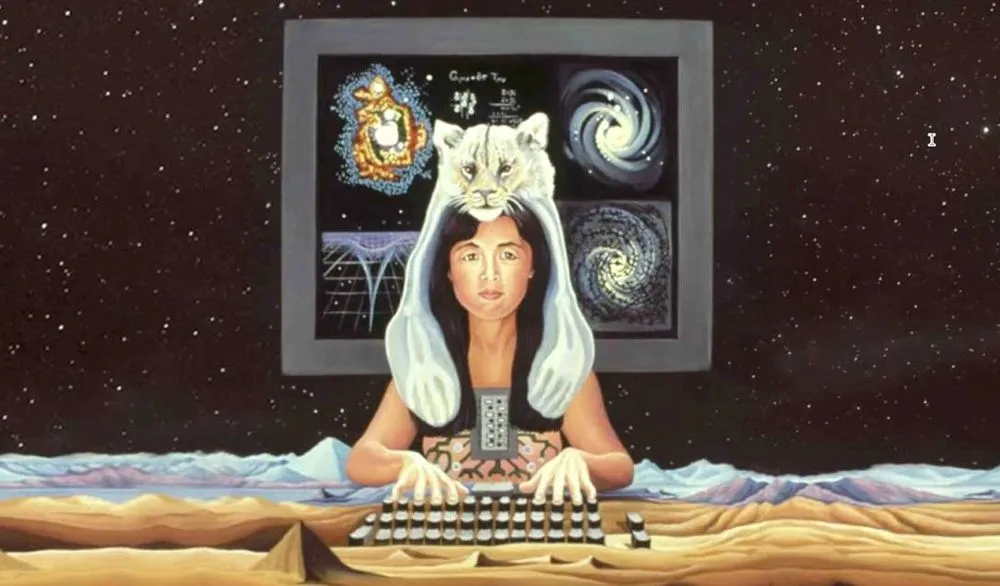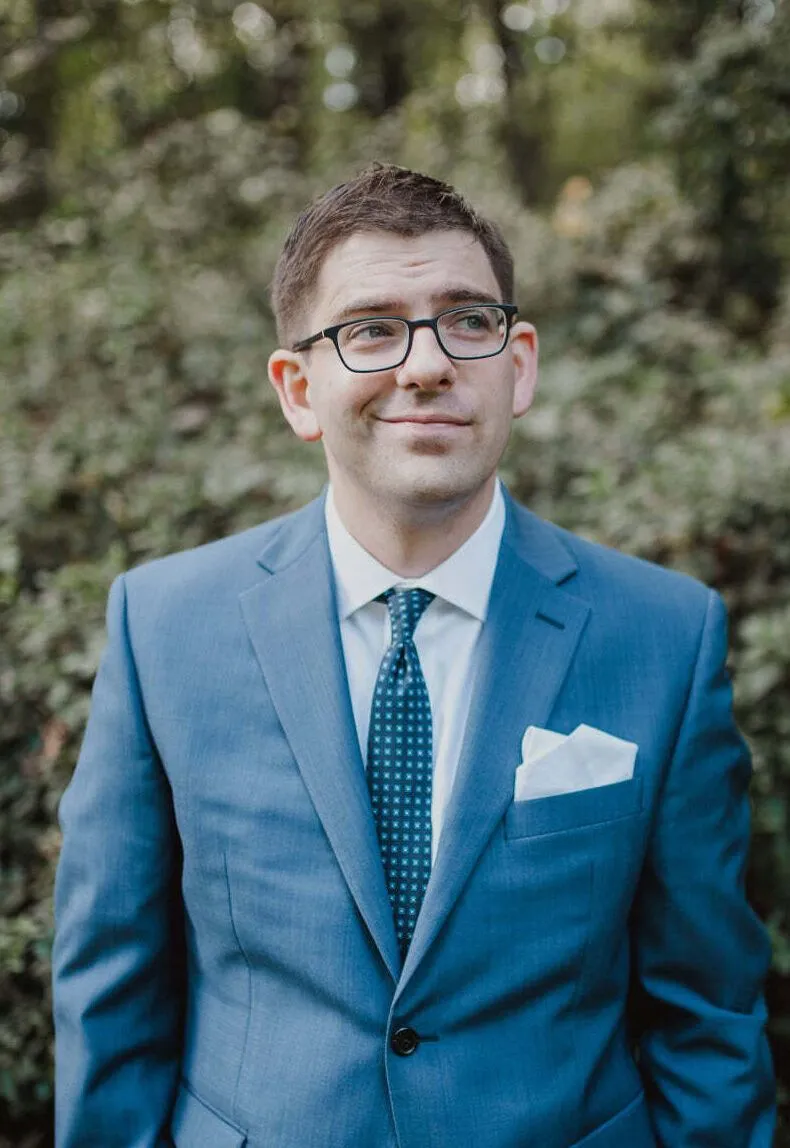A Q&A with the hacktivists rocking Latin America: Guacamaya
Earlier this month, Click Here and The Record reported that two digital rights groups, Mexico's R3D and the University of Toronto’s Citizen Lab, had uncovered smoking gun documents that proved that the Mexican army had deployed the NSO Group’s Pegasus spyware against at least two Mexican journalists and a human rights advocate between 2019 and 2021.
Some of the documents R3D used to make their case came from a hack-and-leak operation carried out by a hacktivist collective called Guacamaya. The group has released between 20 and 25 terabytes of stolen data since March 2022.
Guacamaya (Spanish for ‘macaw’) hasn’t just focused on Mexico. It has also released files that led to an exposé about corruption involving Guatemalan officials and a Swiss mining conglomerate. And their hacking operations have targeted what the group says is the exploitation of indigenous lands throughout Mexico and Central and South America.
As part of its coverage, Recorded Future News had an extended email exchange with Guacamaya using the group’s official email address so we could better understand what it hopes to accomplish with its hacktivism and the role they see for themselves going forward. The group responded to nearly all the questions in Spanish, which we translated into English.
Click Here: To begin with, why did you call yourselves Guacamaya? Why has the macaw become your symbol?
Guacamaya: In the worldview of the majority of the peoples of Abya Yala, [a term used by Indigenous movements across the American continent] they speak of the "union" of the feathers to make a long fabric and extend an immense cloak that frees us from oppression. The macaw represents precisely that: the union of our trampled and cut wings to recompose and heal them. In turn, this vision is closely related to other peoples of the world where birds are precisely a reflection of the sovereignty and freedom: from the European phoenix, to the North American eagle, the condor, the Chinese crane, the hummingbird, to Sankofa who learns from the past, in the Quran itself it speaks of the birds as mediators of heaven and earth and, finally, all of us agree on a bird as a symbol of truth, life, struggle and freedom.
CH: What was your reaction when you saw the report from R3D and Citizen Lab that used their own research and some of the Guacamaya leak documents to show that the Mexican army had been using spyware to track journalists and human rights activists?
Guacamaya: We are glad to see that the leak is being followed up by carrying out quality investigations, and obtaining stronger evidence of espionage on journalists.
CH: How much did Guacamaya look through these documents in advance of leaking them to get some idea of what these emails and documents actually say?
Guacamaya: It is impossible to analyze everything. We have leaked more than 20TB of emails and documents, neither we nor any group have time to review all the material. From there we focus on hacking, and DDoSecrets [Distributed Denial of Secrets] and Enlace Hacktivista [two sites that are hosting the documents] focus on managing and disseminating, so that each journalist and organization can review the material that is of interest in their investigations.
CH: Are there specific documents that could be explosive that you know for certain journalists and researchers have yet to discover?
Guacamaya: There is bound to be a lot in the leaks that has yet to be seen, identified, or investigated.
CH: A Chilean military official stepped down after some Guacamaya leaks … Mexican President Andrés Manuel López-Obrador is under pressure after the R3D/Citizen Lab report: Is this the sort of thing you were hoping would happen after secret documents were leaked?
Guacamaya: As can be read in our "communiqué” of our objectives, we want to continue the "resistance" of our peoples against genocide, terricide, corruption of companies and complicit states, in the different territories of Abya Yala. But to give a concrete answer, it is a matter of highlighting the companies and government entities, so that everyone knows their way of operating, their actions, their profits and the net interest in benefits for them, going over the damage they cause to the territory, to the sources of support for communities and peoples — his connection with other private and public corporations to impose laws in his favor.
These hacks are another form of struggle and resistance — it is the continuity of an ancestral legacy; the care of life. We hope to provoke more people to unite, to filter, sabotage, hack these sources of oppression and injustice, that the truth be known and that we, the peoples, decide to end it. In the case of the Chilean officer who resigned, from AMLO under pressure, they are not our responsibility, they are the ones who have the obligation to give an account.
CH: One of our sources said that he could see activity in the Guacamaya servers … that you appear to be adding to its contents. Do you have more document leaks coming? Can you tell us a little about what and when?
Guacamaya: The task and the operation are a set of actions and reactions that have provoked the so-called struggle and resistance of the peoples. The North global economy and its extractive companies, as well as corrupt governments and their repressive entities are not going to stop their actions. Abya Yala is the base and pantry of the Northern economy. The next operation is fight and resistance, for life until life. Our next operation is to bring joy to rebellion, smile and act, hack and filter.
CH: Critics of hack-and-leak operations like those of Wikileaks say the unfettered release of secret documents put people in danger. The methods you use to release documents – having journalists and researchers apply for access to the documents – appears to have taken lessons from hack-and-leak operations that have come before you. Do you see it that way?
Guacamaya: Of course we don't want to put innocent people in danger, which is why leaks that would be dangerous, like SEDENA [Mexico’s Secretariat of National Defense] or Fiscalía [the Office of the Attorney General] of Colombia, we just released to journalists. DDoSecrets knows a lot more than we do about Wikileaks history. They’re probably better to ask about that but I think they'd say they learned lessons from Wikileaks’ mistakes, the biggest one being a collective rather than Julian Assange running everything.
CH: Do you consider yourselves to be a collective of skilled hackers?
Guacamaya: Not yet, we are learning. We simply have the dedication and the need to do whatever it takes to carry out the fight that falls to us.
CH: Some say that the Latin American institutions you’ve hacked have lax security measures and that allowed you to take advantage. Do you think that’s true?
Guacamaya: We do not see what we do as a result of a lack of cybersecurity measures, but as a more operative alternative to transparency laws, which are included in most of the articles of the institutions of the Latin American states, which demand that the acts of state bodies are public.
CH: Do you actually have an art and production team? You seem to go to a lot of trouble in picking your music and your art.
Guacamaya: Thank you :) Yes, as we have mentioned in the statement and in other interviews, Guacamaya is a large minority where all people fit with their various aptitudes, facilities, professions, etc. We come from everywhere and we are part of everything.
CH: Researchers we talked to said you seem to have a feminist bent and perhaps have women helping your efforts. Are they reading too much into it? Can you tell us a little about that?
Guacamaya: Yes, it is true, for western and westernized culture it is "novel" that women exist as beings, as political subjects, they are surprised to "see" her and in that oppression and invisibility exerted by the implanted system, it is "surprised" and they call it "feminism", as if the feminine were not the very basis of life. For many, thousands of us who have resisted this ideology of the hierarchization and binary division of beings, it is completely normal that our struggles have been and are composed and executed by all people, without making that differentiation with labels.
CH: Looking at the results of your hack-and-leak operations so far, are the results what you had intended?
Guacamaya: Our task is to continue with the rebelliousness and resistance against extractivism, colonialism, dispossession, genocide, that is, the "effect" that our ancestors expected, certain that one day we will be "the ancestors." Those who will continue the task will come. This walk of liberation of mother Earth and with it of us her creatures, all of us. Because it is clear that the global North and its accomplices, the states, are not going to give in one iota in their hunger for destruction.
CH: Do you feel your message is being heard?
Guacamaya: Yes, we feel it, we listen to each other and the voices multiply in the streets, in the mountains, in the jungles, in the water, in the rain and our cry will endure.
CH: Are there more Guacamaya leak operations to come?
Guacamaya: This question could be asked of the large extractive companies and their political entities such as the states, as well as their accomplices who carry out their orders, the armed groups, because they are the ones who will give continuity to this without reason, without predatory sense. In that sense, as we mentioned before, our task will be to use this tool, as another one for the joyful rebellion, the just resistance.
CH: Anything else you want to add?
Guacamaya: Thank you very much for being a part of this large minority - Guacamaya
Dina Temple-Raston
is the Host and Managing Editor of the Click Here podcast as well as a senior correspondent at Recorded Future News. She previously served on NPR’s Investigations team focusing on breaking news stories and national security, technology, and social justice and hosted and created the award-winning Audible Podcast “What Were You Thinking.”
Sean Powers
is a Senior Supervising Producer for the Click Here podcast. He came to the Recorded Future News from the Scripps Washington Bureau, where he was the lead producer of "Verified," an investigative podcast. Previously, he was in charge of podcasting at Georgia Public Broadcasting in Atlanta, where he helped launch and produced about a dozen shows.




